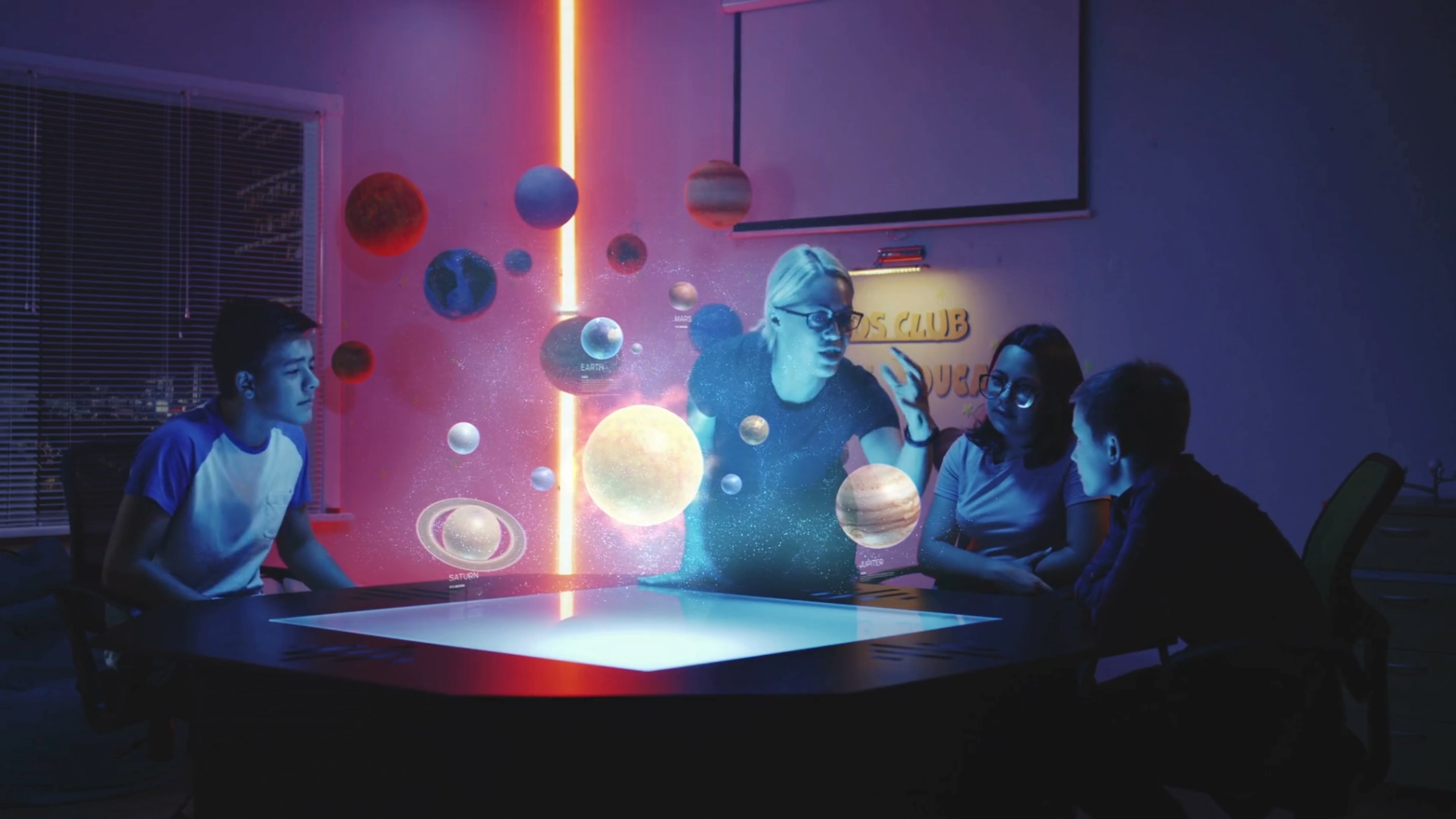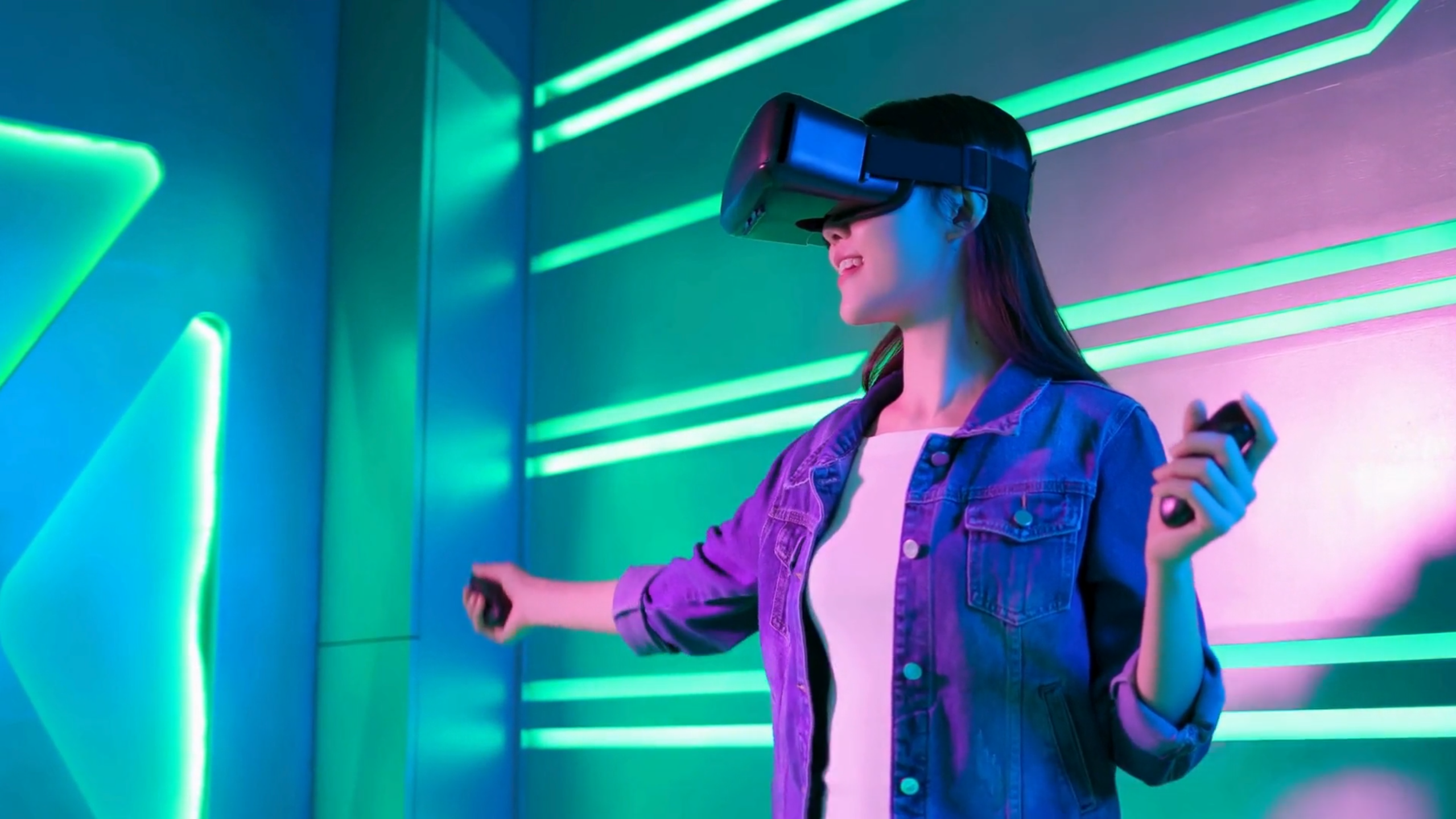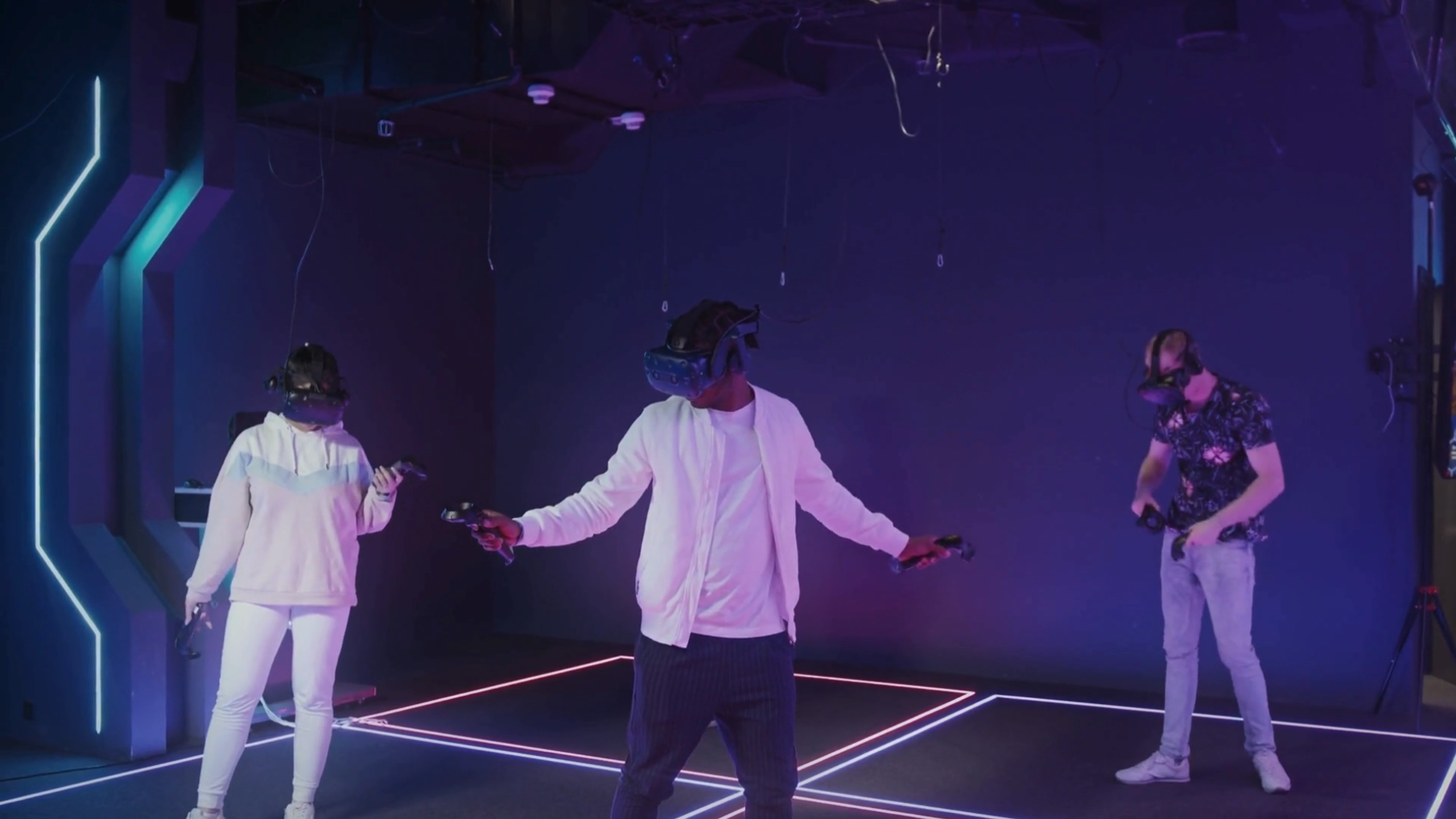


Virtual Reality (VR) is more than just a tech trend—it’s an evolving tool that entertainment venues can use to transform their spaces and captivate audiences like never before. From immersive rides to interactive storytelling and educational simulations, VR is changing the landscape of visitor experiences. Venues that incorporate VR can offer guests a level of engagement that goes far beyond traditional attractions, fostering excitement and curiosity while creating unforgettable memories.
The immersive nature of VR allows guests to step into new worlds and experiences that would be impossible in reality. For entertainment venues, this means creating unique, captivating attractions that draw in visitors and keep them engaged. Whether it’s a thrilling VR roller coaster or a tranquil exploration of famous landmarks from around the world, the versatility of VR can cater to diverse interests and age groups. By offering personalized and immersive experiences, venues can enhance visitor satisfaction and encourage repeat visits, cementing their reputation as must-visit destinations.



Integrating VR experiences is also a strategic way to increase revenue. These attractions often come with premium pricing, offering venues an opportunity to upsell tickets and exclusive packages. Moreover, VR can extend a venue's range of offerings without the need for physical construction, reducing costs associated with traditional expansions. For example, a venue can introduce a new VR-based space adventure or a historical reenactment as a standalone experience or bundled as part of a larger package. This not only maximizes space but also diversifies the experiences available, attracting a broader audience and enhancing overall profitability.
Beyond entertainment, VR can serve as a powerful educational tool within venues. Interactive simulations and virtual workshops can teach visitors about science, history, art, and more in a fun and engaging manner. Imagine a VR exhibit where visitors can explore ancient civilizations or witness groundbreaking scientific discoveries firsthand. These experiences stimulate learning and make complex topics accessible and enjoyable. Such educational VR elements can also help venues position themselves as centers for both entertainment and learning, appealing to schools, families, and community groups.
As the potential for VR continues to grow, entertainment venues that adopt this technology are setting themselves apart from competitors. By offering immersive and versatile experiences, venues not only enhance visitor satisfaction but also boost revenue and expand their service offerings. In a world where guests seek novel and enriching experiences, VR is the key to staying ahead of the curve and providing unmatched value.